U.S. President Joe Biden, who has called climate change "the ultimate threat to humanity", won't attend the United Nations' major climate change summit that begins Thursday in Dubai.
A White House official, who asked to remain anonymous to discuss the president's schedule, didn't give a reason why Biden won't appear at the two-week summit.
The White House said Biden would send a climate team, including Special Envoy John Kerry, climate adviser Ali Zaidi and clean energy adviser John Podesta.
Senior White House aides indicated that Biden's attention is currently focused on addressing issues such as the war between Israel and Hamas, The New York Times reported.
The 28th session of the United Nations Conference of the Parties on climate, known as COP28, will bring more than 70,000 delegates from nearly 200 countries together in Dubai to negotiate climate change, making it the biggest annual COP yet held under the 1992 UN framework convention on climate change.
Earlier this month, Biden released an assessment on the state of climate change in the U.S. and said the issue was affecting all regions in the U.S.
"Anyone who willfully denies the impact of climate change is condemning the American people to a very dangerous future," he said.
The COP is an annual UN event where the world comes together to combat climate change, including limiting global temperature to 1.5 C, assisting vulnerable communities in adapting to climate change impacts, and achieving net-zero emissions by 2050.
During his presidency, Biden has participated in both COP summits. In 2020, he visited Egypt, and in 2021, he attended the Glasgow summit, where he expressed regret for the U.S. withdrawal from a global climate pact during the Trump administration.
The two-week COP28 conference is hosted by the United Arab Emirates, a major oil and gas-producing country. COP, or "Conference of the Parties" represents the nations that agreed to a climate change framework drafted by the UN in 1992.
Countries that signed the agreement commit to efforts aimed at stabilizing greenhouse gas emissions and averting "dangerous" human interference with the climate system. The objective is to transition away from fossil fuels, which contribute to the rising temperatures of the Earth.








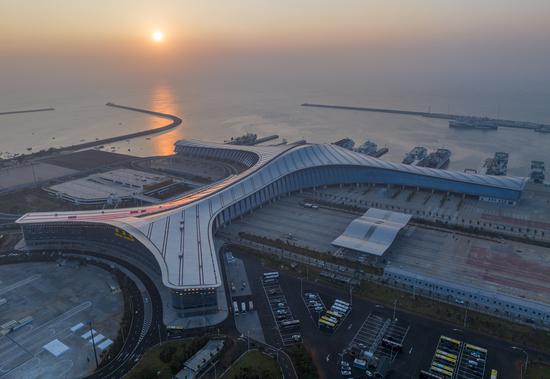

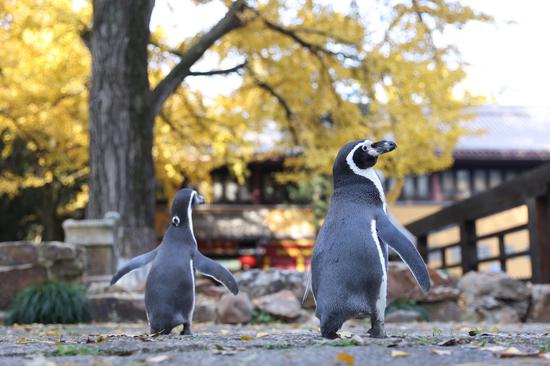
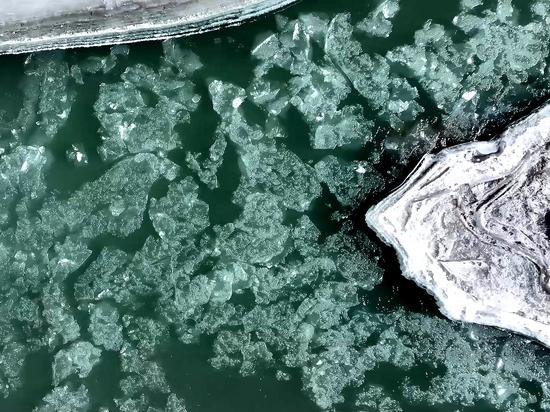

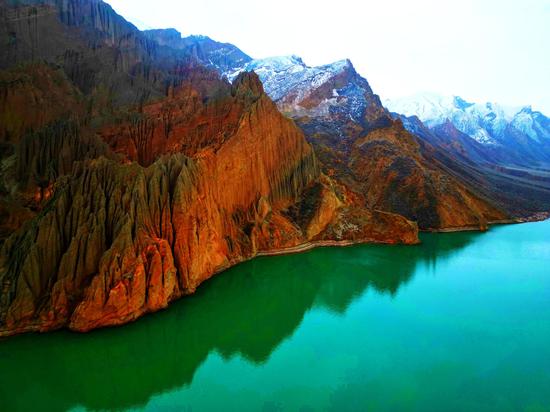
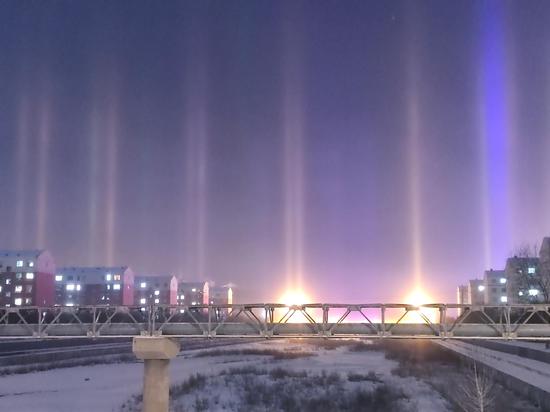



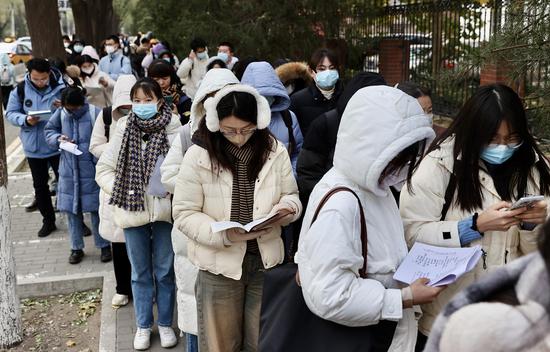


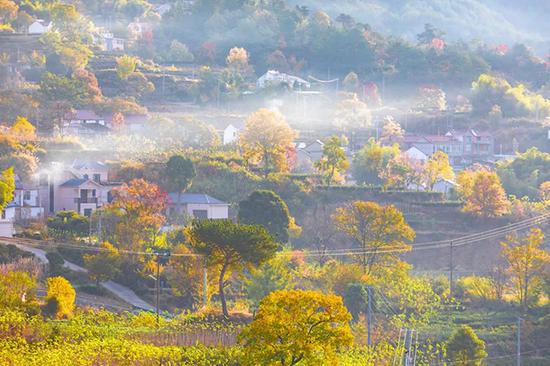
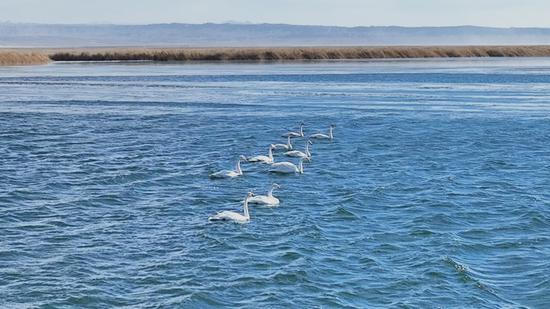

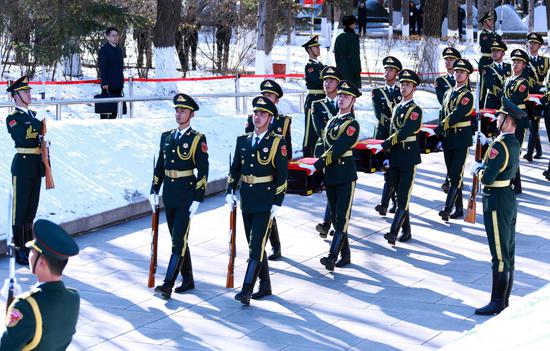
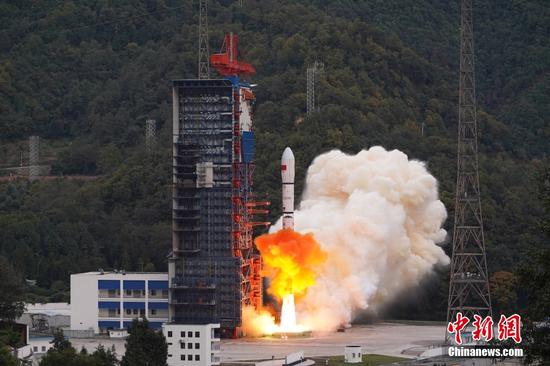











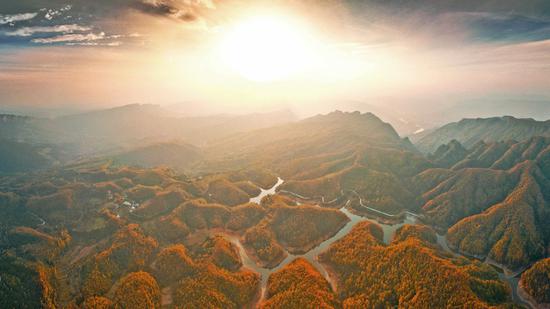
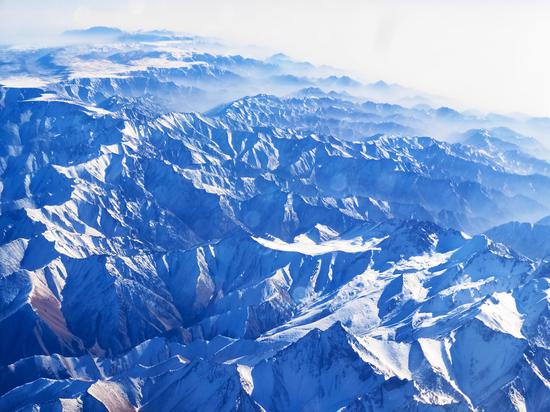
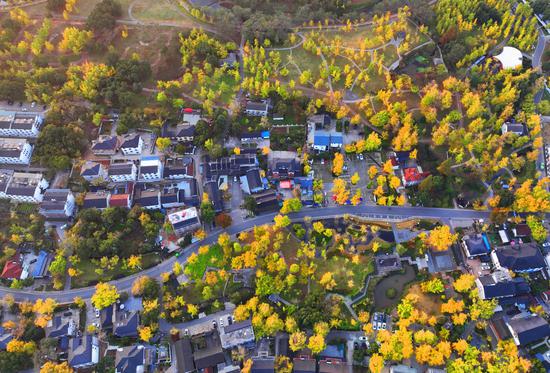
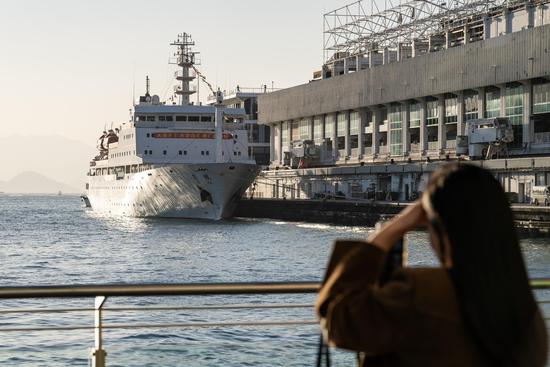
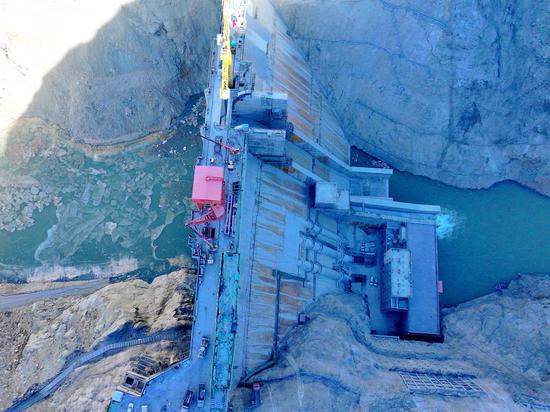


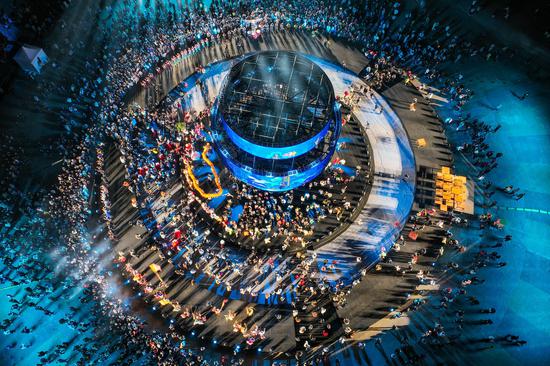





 京公网安备 11010202009201号
京公网安备 11010202009201号